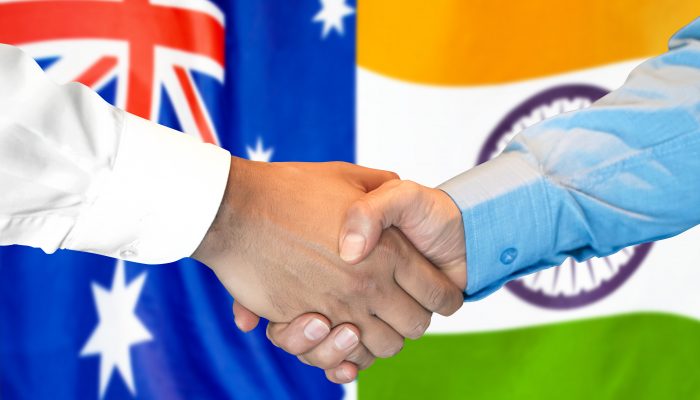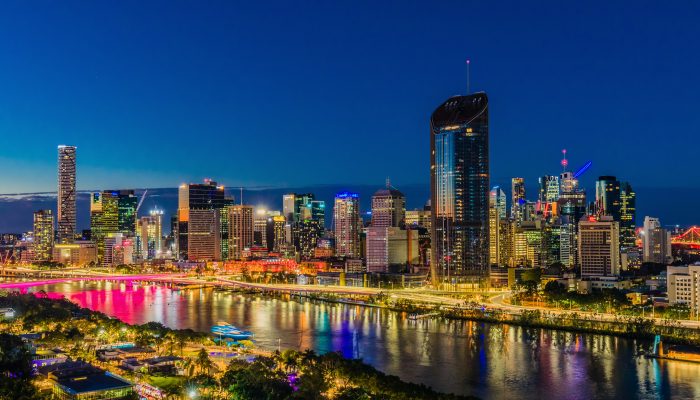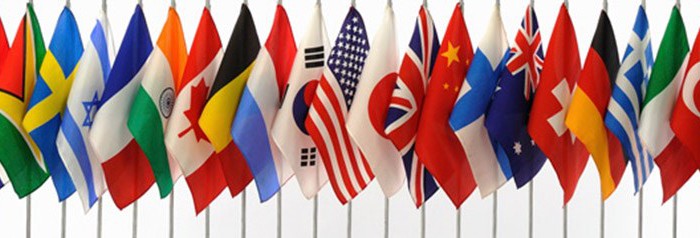The Australian Government announced that in mid-2024 Australia will begin accepting visa applications from Indian graduates and early stage professionals as part of the new Mobility Arrangement for Talented Early Professionals Scheme (MATES). This new visa scheme is aimed at addressing skills shortages in Australia in selected industries through inviting early career Indian professionals to live and work in Australia as holders of this visa.
The MATES visa program forms part of the groundbreaking Migration and Mobility Partnership Arrangement (MMPA) between India and Australia which was signed by both governments in 2023. The MMPA reflects the deepening bilateral relationship and aim to foster increased economic collaboration and talent exchange between the two countries.
The MATES visa scheme will entitle eligible Indian nationals to a multiple entry Australian work visa for a period of up to two years and there will be no requirement for sponsorship by an Australian employer.
MATES Visa Requirements
The MATES program will provide opportunities for Indian nationals to live and work in Australia who meet the following criteria:
- Aged 30 or younger (inclusive) at the time of application
- Proficient in English
- Within two years of graduating from an eligible educational institution
- Qualified in:
- Renewable energy
- Mining
- Engineering
- ICT
- Artificial Intelligence
- Financial technology, or
- Agricultural technology.
Importantly, sponsorship will not be required for visa applicants under the MATES program.
Available Places
The Australian Government is set to introduce the MATES program in mid-2024 with initially opening 3,000 places to eligible Indian nationals.
This will be part of a pilot program which will be monitored by the Australian Government and if successful, additional places will be provided to eligible applicants.
Addressing the Skills Gap for Australian Employers
The MATES program is intended to enable global mobility for skilled Indian nationals which will be mutually beneficial to the visa holders and to Australian businesses who will benefit from the entrance into the Australian workforce of skilled employees where there are gaps in the labour market, including in the areas of renewable energy, mining, engineering, ICT, artificial intelligence, financial technology and agricultural technology.
The MATES program will facilitate global mobility for skilled Indian nationals and enable Australian employers to access skilled workers in fields where there are labour shortages.
For advice regarding Australian work visas and applying for an Australian visa through the MATES visa scheme, please do not hesitate to contact us at info@hartmanimmigration.com.au.
Disclaimer:
The information on this website is intended only to provide a summary and general overview on relevant matters. It is not intended to be comprehensive nor does it constitute legal advice. You are advised to seek legal or other professional advice before acting or relying on any of the content contained in this website.










